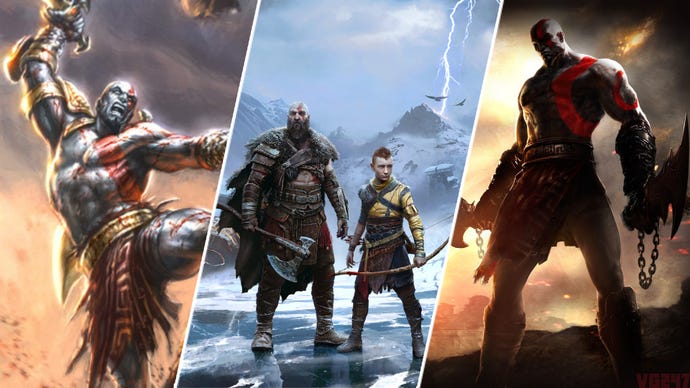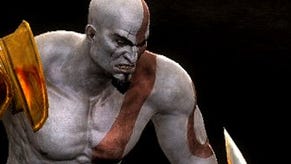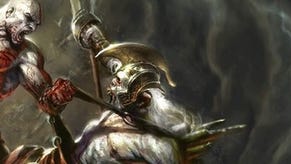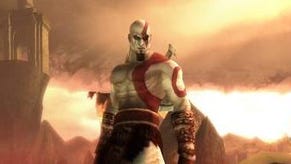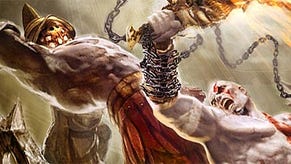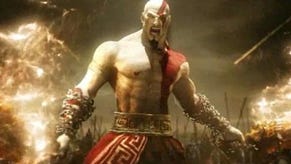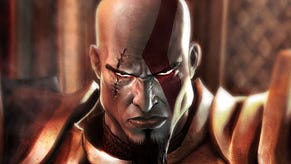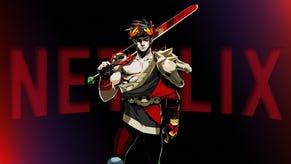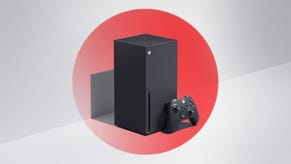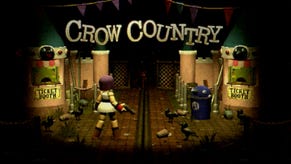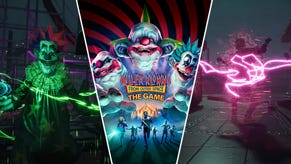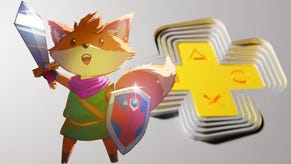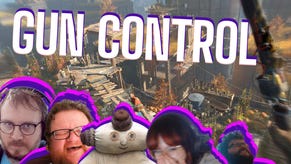PS Plus needs these forgotten God of War games before Ragnarok releases
Kratos’ first story arc spans more than three games, but Sony refuses to unearth the God of War PSP titles for players who want the full trip down memory lane.
We are roughly a month away from God of War: Ragnarok, and that means every PlayStation gamer and their grandma is either replaying the God of War saga – or they're planning to. And that might (and should) include the PSP games. Because they objectively kick ass.
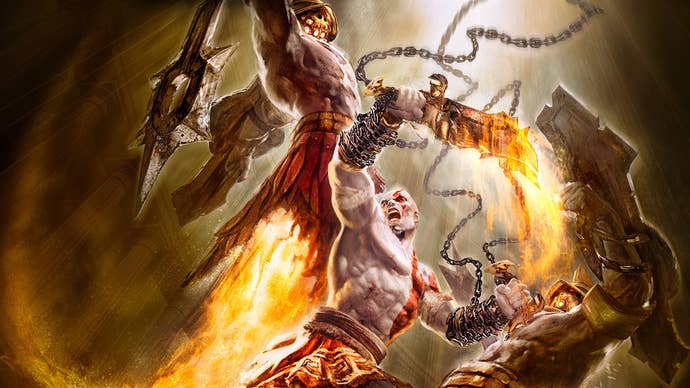
But here’s the problem: Sony refuses to make it easy for us to play those titles despite having launched an upgraded version of its PS Plus subscription service earlier this year. “It’ll be packed with classics,” the platform holder said. Well, the Premium tier doesn’t even have Tekken 3, so let me press square to doubt.
God of War diehards will surely have no problems as they’ve been hoarding all and each of Kratos’ adventures over the years, but newcomers or casual fans probably never gave Chains of Olympus or Ghost of Sparta a fair chance. With all other entries present in the current PS Plus Premium offerings (including 2013’s criminally overlooked Ascension), what’s up with those two, less well-known games?
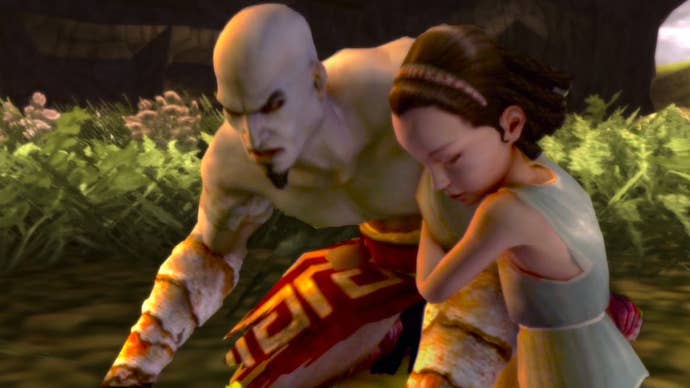
Yes, these two are only a couple of games in a whole sea of classic titles which have yet to arrive to PS Plus Premium’s (currently lacklustre) library of games, but they represent two of the highest highs in PSP history. I’m fairly sure they’re more relevant to Sony’s interests than *checks notes* Toy Story 3.
Even if you take the God of War IP out of the equation and treat Ghost of Sparta and Chains of Olympus as breezy, standalone action-adventure games, they still bang and look gorgeous – despite the limited portable hardware they were developed for. Moreover, the streamlined art direction in both of them often puts their visuals well above the first and second mainline entries of the saga.
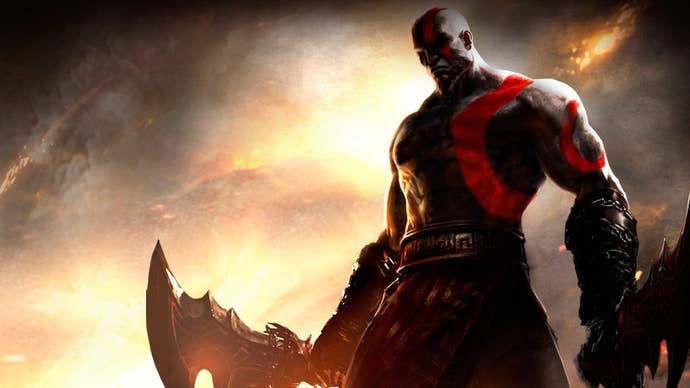
For those who don’t know or remember: Chains of Olympus and Ghost of Sparta were developed by Ready at Dawn, an often-overlooked SCE studio that spearheaded early first-party efforts for the PSP with Daxter – a more than successful spinoff of, you guessed it, the Jak and Daxter series. The studio's work rivalled some of the stuff we had played on PS2, and that’s why the developmental outfit later had the opportunity to craft something bigger for PS3 with The Order: 1886.
Both games fill in gaps in Kratos’ original story arc; Chains of Olympus kicks off after he gets the mythical power-up from Ares (and after Ascension’s events), but right before the first game; Ghost of Sparta tells a rather critical story set in between the first and second entries. I honestly think no one back then would’ve complained if the story were “just there” to justify more blood-soaked carnage on PSP, but both games really tried to cook something relevant to the bigger God of War picture.
A good deal of the original trilogy’s storytelling hasn’t aged too well, let’s be honest. The premise, overall plot, and adventure are fantastic. Those games have more than enough charm to remain iconic, but Kratos’ – and everyone else’s – characterization is kinda mid and often felt undercooked.
The entire Greek world is put at risk by the actions of a single man who was misguided and betrayed by the gods, and that really asked for meatier storytelling, which wasn’t the highest priority back then for beat ‘em up titles mostly concerned with making violence look cool and feel satisfying.
Unsurprisingly, the PSP games weren’t any different when it came to their core philosophy, but the extra tales and context that they provided ended up being quite valuable, especially coming into (and out of) God of War III. For example, the original conclusion of his story contained a brief reference to Kratos causing Hades a lot of pain when he killed Persephone – that doesn’t happen in any of the two previous mainline games, but in Chains of Olympus.
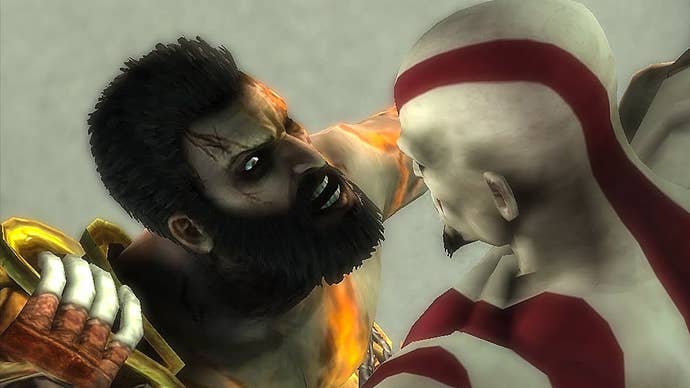
Aside from small references and name drops in the third major God of War – which already positioned these games as more than just disposable romps – a huge narrative gain comes from going deeper into the hows and whys of the death of Kratos’ family, which is arguably the single most important event in the entire series, a permanent shadow cast over Kratos… which doesn’t get nearly enough screentime. Especially as we head into Ragnarok.
On top of that, more adventuring and slaying of mythological characters and creatures means more conspirations and secret plans from the Olympians fuelling most of Kratos’ hijinks. They’re a busy and shady bunch, and so much bullshit – including a fight against Deimos, Kratos’ long-lost brother – happens outside the main games that you start to understand why Kratos overreacted relentlessly in such a dramatic way across several installments.
Other highlights include the destruction of Atlantis and an actual visit to Sparta as part of Kratos’ unending quest for vengeance. There’s always another cool scene or situation around the corner, and I greatly appreciated Ready at Dawn’s knack for channelling the best of the bigger titles while streamlining the dullest bits and the somewhat inevitable backtracking found in their bigger brothers.
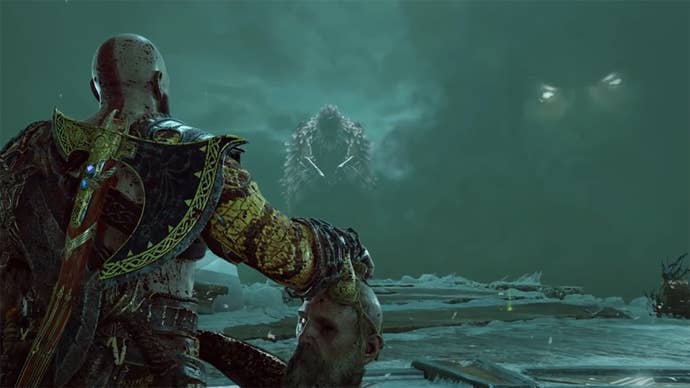
Ragnarok appears to be giving Kratos’ troubled past extra attention after God of War (2018) already brought up the matter of him murdering his father, Zeus, and I wouldn’t be surprised if another handful of bonus drama and dark memories were plucked from the PSP titles.
Kratos is often referred to as a “destroyer,” something we certainly witnessed over the course of the original trilogy, but a good amount of the destruction he caused seemed like a direct result of the gods messing with him, so we’re inclined to agree with him on most accounts. However, these extra chapters revealed that several major ruinous events in the Greek realm happened only because he was having a super bad day. That’s gotta count for something.
If you have access to either a PSP or a PS3 (a nice remaster was released in 2011), you might already have physical or digital copies of these games, and we suggest that you check them out ahead of Ragnarok. Otherwise, we're hoping that Sony sees sense and makes the games available via PS Plus Premium – it wouldn't be the first time we've seen PSP games slide onto the service, after all. One way or another, let’s all pray together to the Sony gods for the swift digital recovery of two highly valuable PSP artifacts for PS4 and PS5 owners.
It's what Kratos deserves.
God of War Ragnarok releases on November 9 for PS4 and PS5. You can learn everything we know about the game so far at the link.
